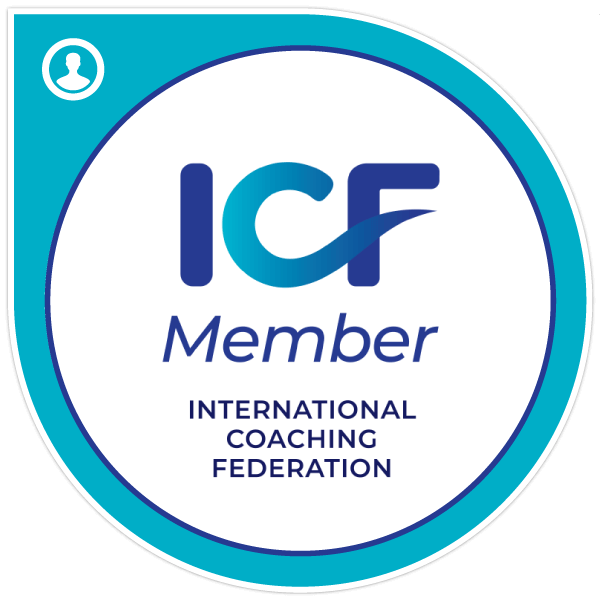
The Formal Definition
The International Coach Federation (ICF) defines coaching as A THOUGHT-PROVOKING AND CREATIVE PROCESS where the coach “partners” with the client to inspire the client to maximize his/her personal and professional potential.
Professional coaching focuses on helping the client set appropriate goals that are aligned with the client’s values and dreams for the future. When the coaching goals are agreed, the coach then supports the client to move towards these goals, and to manage the necessary personal and practical changes along the way.
Coaching is very much focused on changing mindset and behavior. A coach will help the client develop or work on bettering “life skills” and set life goals that enable the client to flourish and thrive.
Let’s break it down a bit
Here are some helpful ways of describing what coaching is, that I really like:

The reason, that we as coaches call ourselves “thinking partners” to our clients, is that in coaching we believe that OUR CLIENTS ARE NATURALLY RESOURCEFUL, CREATIVE AND WHOLE. This philosophy means that we see our clients as the experts of their own lives, and we do not view our clients as “broken” or sick.
This perception of the client in coaching is very different to the perception of the patient that you see in a medical practice or in therapy.
In these medical professions the focus is on diagnosing mental illness and there is an overall “pathologizing perspective”, which we don’t have in coaching.
In coaching we meet our clients where they are, and we support our clients to become more aware of their negative thought patterns that are holding them back and keeping them stuck. This empowers our clients to take back control of what is happening in their lives, and to make the necessary changes they want to see happen.



